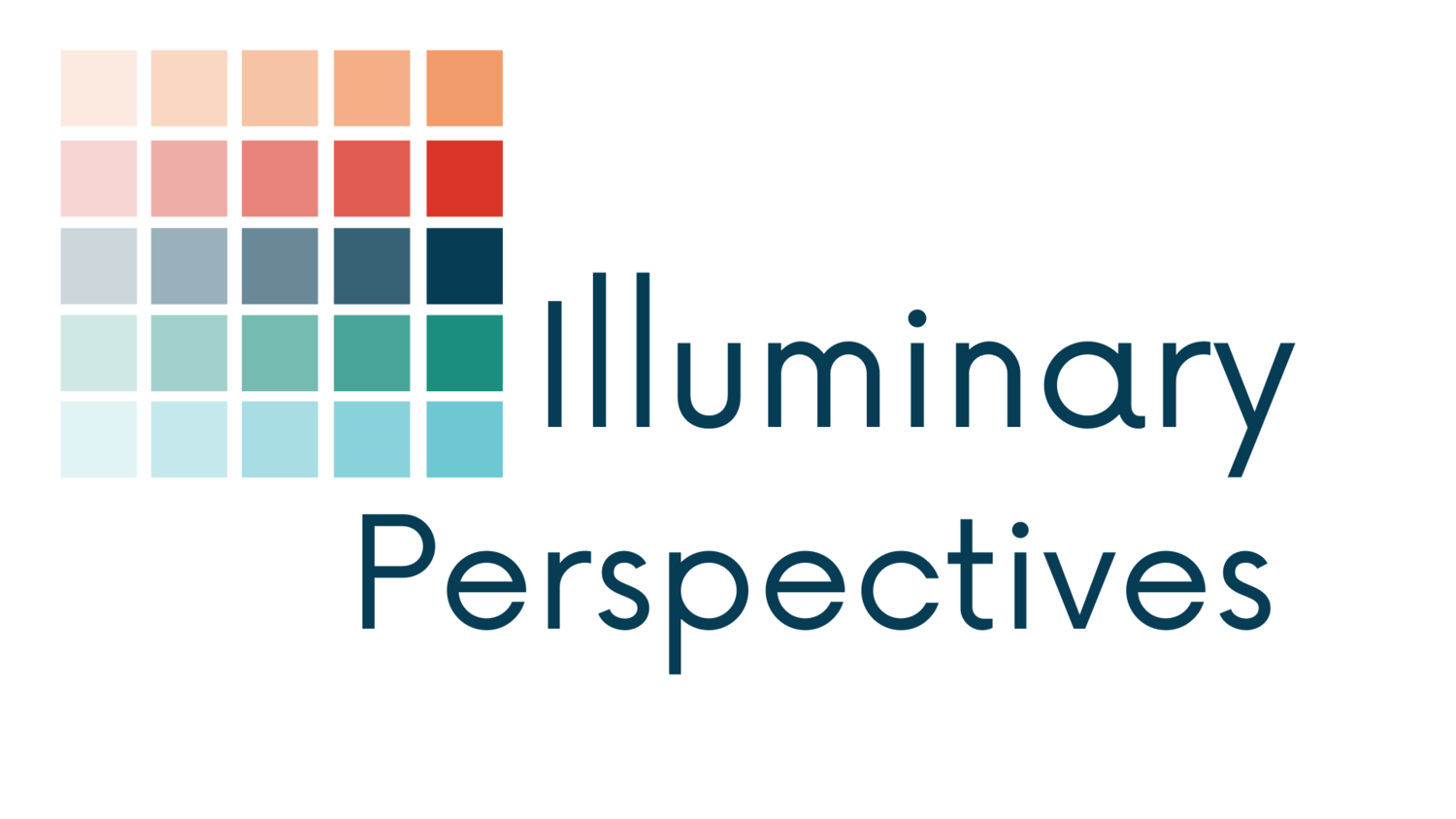A learning organization is a resilient organization
How do you respond to challenges? How does your organization?
Organizational resilience is an organization’s ability to adapt to change and challenges - as well as the ability to go after opportunities.
Purpose-driven organizations face challenges every day - from inside the organization and out in the community and system. That is why resiliency is a critical aspect to build into your organization. We have to able to confront these challenges head on so that we can adapt and recover, rather than be consumed by it. That way we can continue to improve our work and deepen our impact. The pace and demands of purpose-driven work are not likely to change any time soon, so it is imperative that we work to build resiliency.
One of the often overlooked characteristics of a resilient organization is their emphasis on learning. A learning organization has the ability to reflect on their work, context, and community, make sense of the information, and make strategic decisions and take action based on these reflections.
If you are in the practice of learning as an organization, you will:
Start to identify shifts, changes, and challenges before they become an emergency
Identify connections within your work and the systems you operate in
Develop innovative ideas to deal with changes and challenges drawing from multiple perspectives and sources of evidence
Deepen the impact you are having in your community and improve client experience
Support team member development and morale, especially during times of change
Strengthen relationships inside and outside the organization that you can rely on during change and challenge
All of these will help you develop your resiliency. As an organization, you will be able to respond, rather than react, to both challenges and opportunities.
A learning organization requires engagement at three levels:
Individual
Organizations are made up of human beings. How those individual human beings understand themselves and their work directly contributes to the learning and resiliency of the organization. Individuals’ motivations to cultivate their self-awareness is also directly connected to their motivation to engage in learning at the organizational level. Developing self-awareness, reflective skills, and resiliency of individuals set the learning organization up for success.
Team
Learning happens in community. To truly be able to understand yourself, your work, and the communities and systems you work in requires different perspectives and experiences. How individuals engage with one another can strengthen or hamper learning. In order to strengthen learning, teams have to have quality relationships that are generative, trusting, and embrace constructive feedback and conflict. Engaging others, particularly those with different experiences and perspectives than your own, is crucial to understanding multiple truths, constructing a big picture, and holding a mirror up to yourself and your work.
Systems & Structures
You can have the most self-aware individuals and teams that foster learning, but if you don’t have the systems and structures in place to encourage, cultivate, and do something with the learning, you aren’t going to get anywhere. The organization has to intentionally build systems, processes, and structures so that the human beings in the organization have the time, space, resources, and incentives to learn, innovate, and experiment
As you build your organization’s ability to learn, you also build your organization’s resiliency. Without this capacity to learn, purpose-driven organizations will continue to struggle in the face of change. But as you continue to learn and adapt, you will be able to ride the waves of change with more ease.
Ready to get started on your learning journey? I’m here to help!
Additional Resources:
Resiliency Guide (S.D. Bechtel, Jr. Foundation)
How Resilience Works (Harvard Business Review)
What Does Resiliency Really Mean for Nonprofit Leaders and Their Organizations? (Beth Kanter)
Right Back At It: Fostering Organizational Resilience (Nonprofit Risk Management Center)



